
Over two thousand years ago, Hippocrates the father of modern medicine, said “ALL ILLNESSES BEGIN IN THE GUT!” And the saying rings true today. Having a good, healthy gut filled with good bacteria is essential to not only digestive health, but the levels of bacteria and heath in the gut actually may even contribute to good moods, immune response and help keep your weight under control.

When it comes to your gut health, bacteria is the star of the center stage, and I have been learning so much more about this through my lectures and classes with Institute of Integrative Nutrition (IIN) school. It’s estimated that the gut contains approximately 35,000 different strains of bacteria. The majority are found in the large intestine, particularly the colon, but bacteria can also be found in the esophagus, stomach, and small intestine. And that's a good thing! You need the good bacteria to keep you well, and to fight off the bad bacteria, and you don't want this off-kilter and out of balance! So, it's essential to keep good bacteria alive and fed, fighting off inflammation and illness, and keeping your whole body operating at its peak.
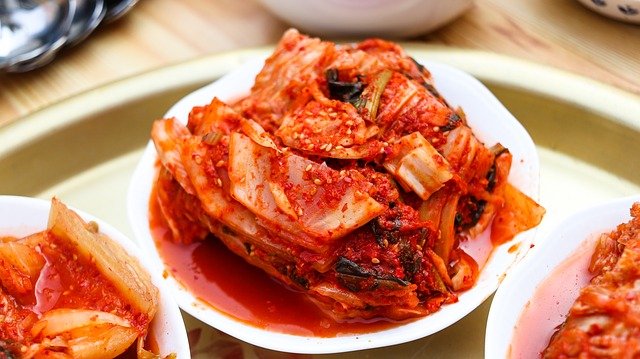
Kimchi, sauerkraut, and kombucha are good examples of fermented foods.
Diet has a profound impact on the gut microbiome, which is in other words the microorganisms as a whole – including bacteria, archaea and fungi that live in our digestive tracts. So that good types of bacteria can thrive, you want to eat cultured, fermented, foods, and foods that are ‘live.’ Nothing with preservatives is going to be ideal. Plus a combination of probiotics and prebiotics as part of a whole foods diet can help achieve the right balance of gut bacteria to support health.
Liz Lipski, PhD, CCN, CNS, LDN, was giving an exciting lecture at IIN, and referenced Bengmark S.'s “Nutrition of the Critically Ill: a 21st-Century perspective”:
That’s why it is so critical to supplement your gut with good foods and healthy bacteria. Both probiotics and prebiotics help support gut health in different ways. Probiotics are a great way to support gut health as they increase the good bacteria, and also you need the prebiotics, too, which are another important dietary factor as they allow the good bacteria to feed healthily and grow.About 75% of the food in the Western diet is of limited or no benefit to the microbiota in the lower gut. Most of it, comprised specifically of refined carbohydrates, is already absorbed in the upper part of the GI tract, and what eventually reaches the large intestine is of limited value, as it contains only small amounts of the minerals, vitamins and other nutrients necessary for maintenance of the microbiota.
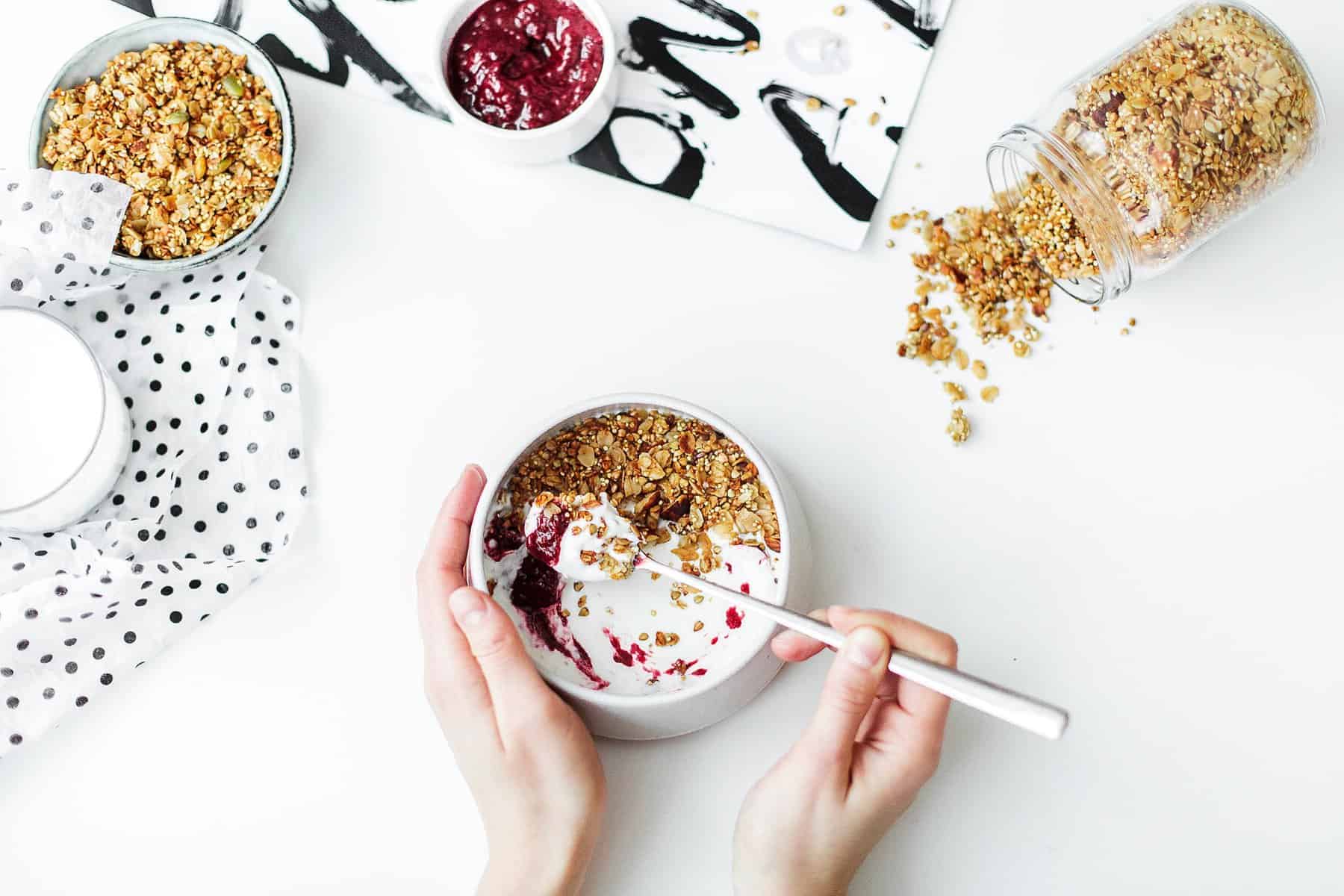
Probiotics are bacteria consumed through the diet (or with supplements), and common strains include bifidobacterium and lactobacillus. These two are critical to the digestive system and come in the ‘billions,' which we all need daily. If you’re trying to maintain your health, maybe up to ten billion would benefit you. If you just finished taking antibiotics, you might want 50 – 100 billion.
Food sources:
Kefir, tempeh, kimchi, yogurt, sauerkraut (but live kind), fresh pickles (but not packed with the extra sodium)
Probiotic Benefits:
- Reduced risk of depression, increased feelings of happiness
- Reduced circulating cortisol (the stress hormone)
- Reduced feelings of anxiety
- Support healthy aging
Food sources:
Jerusalem artichokes, leeks, chicory root, onions, quinoa, amaranth
Benefits:
- Reduced risk of obesity and overweight
- Increased immune function
- Support production of short-chain fatty acids, which increase absorption of calcium and help reduce oxidative stress
- Support satiety and may support a healthy BMI
One last thing important to overall digestive health is fiber. Filling up on high-fiber foods is not only helpful to prebiotics, but they will keep your digestive system 'regular,' but it helps keep your blood sugar levels normal, and it promotes heart health and satiety, which can be really important with weight control, too. The one problem I've found is that fitting enough fiber into your daily diet isn’t exactly easy! The recommended daily intake for women rests at a hefty 25 grams. This high quota is hard for so many people to meet – including me, so I've tried to have more good snacks and foods around that serve a multi-purpose - for both my gut and overall digestive health. (See my suggested fiber rich foods below!)
I hope this has been a little helpful and remember – a healthy gut will help us have a healthy body!

![]()
FARM-FRESH FIBER RICH FOODS:
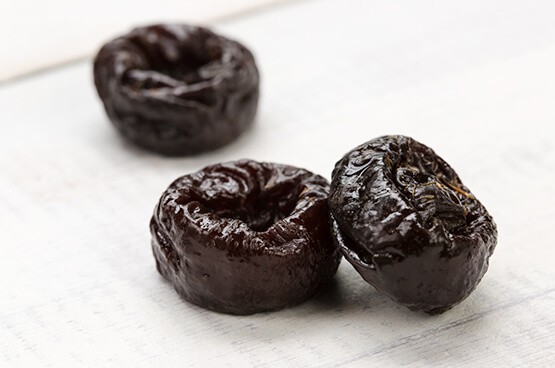
PRUNES:
Pitted prunes have 8 grams of fiber per cup. Prunes aren't just useful, they're also a really tasty snack or ingredient for meals or even desserts. Sunsweet California grown prunes are among the best I’ve personally had, and they’re made with no preservatives. I typically have them on hand in my pantry for my own cooking, but my team and I have made recipes with them in previous years. We made blondies, have made a dinner (pork tenderloin) with them as the base for a sauce, and I have made that at least a dozen times. Although they are truly divine, so I eat them fresh from the bag. NOTE: If you keep this 8oz pouch of D'Noir™ in the fridge after opening, it will keep that delicious fresh flavor longer.
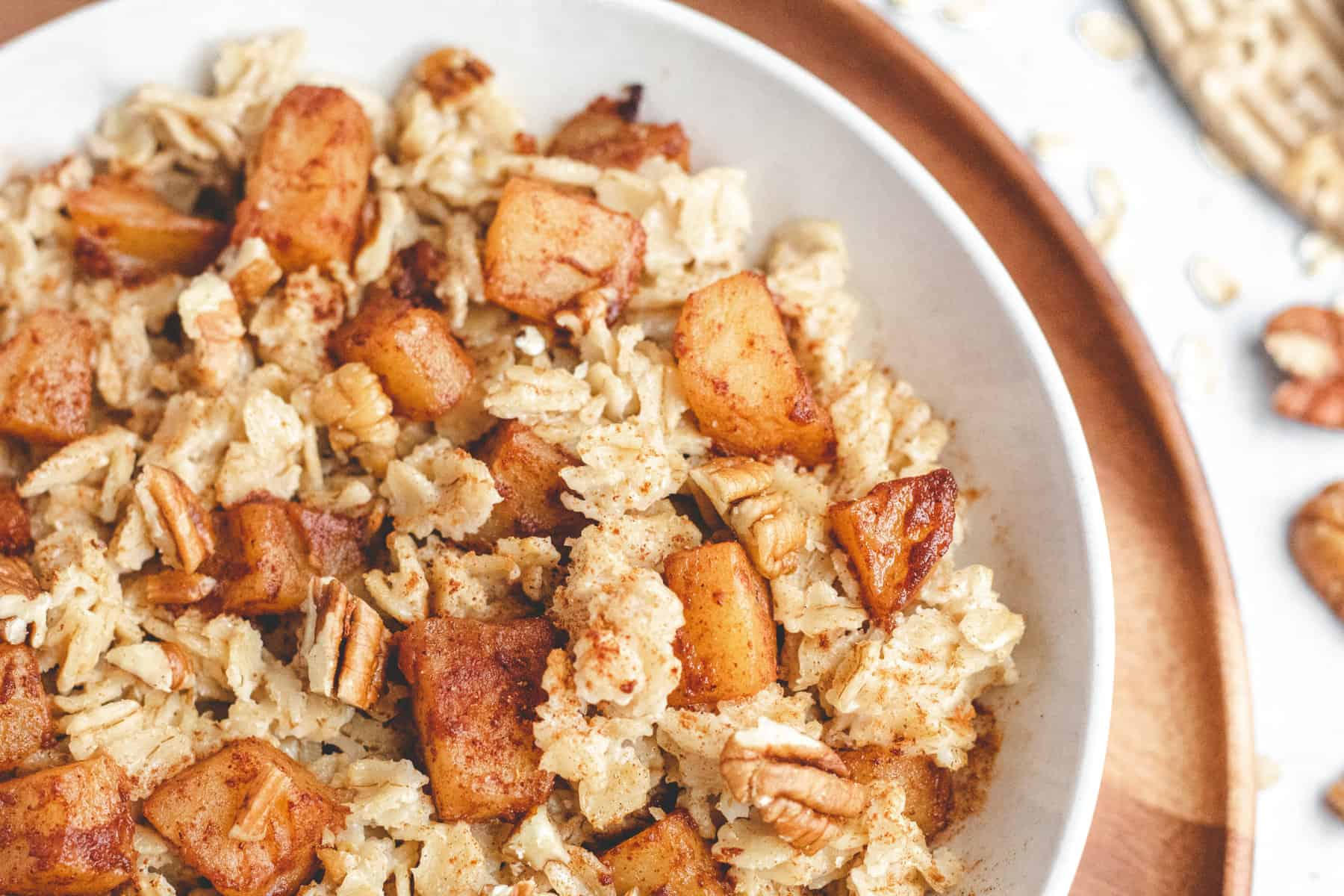
MULTIGRAIN OATMEAL (OR STEEL CUT):
Nutrient-packed, multigrain oatmeal is high in fiber and has lots of protein. Each cup of multigrain oatmeal has 10 grams of fiber. Oats do not contain gluten, so they are a safe alternative for people who are gluten sensitive. For many, oats provide a welcome high-fiber option, since many gluten-free foods are low in fiber. Slice some apples, or throw in some dried fruit and nuts into your next bowl of oats for a truly filling and health-packed breakfast.
PEARS:
A medium sized pear packs 6 grams of fiber, providing about 24 percent of your recommended daily value for fiber. The skin of the pear contains the majority of the fiber, so no peeling necessary. I love a good pear, and my team and I have enjoyed baking with some delicious pears as well!


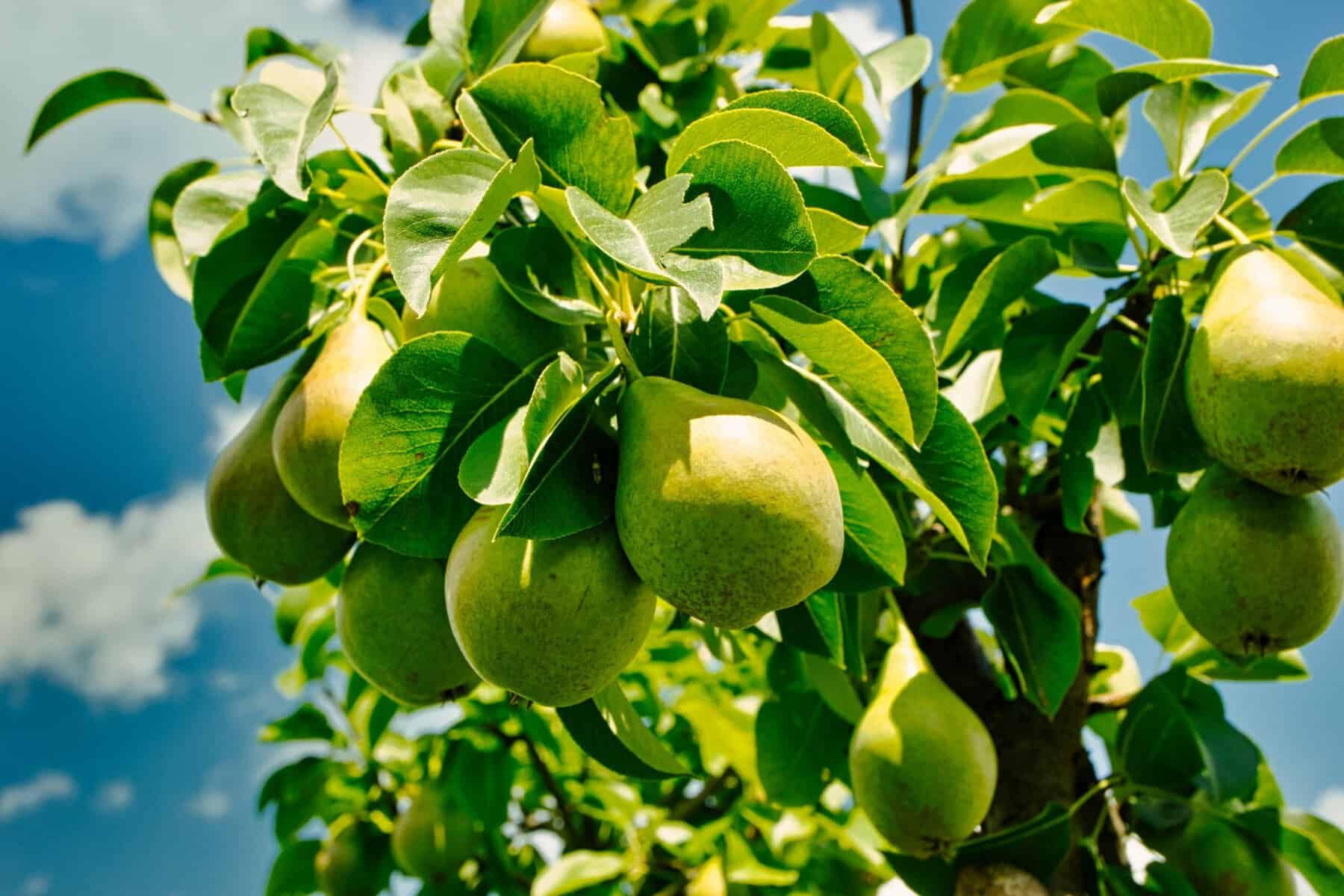
I did not know of your delivery service.
THANKS FOR THE INFO, I LIKE THE ORANGE PRUNES